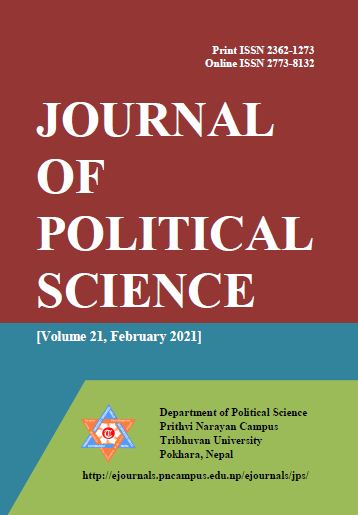Plagiarism in Scientific Writing: Why It Is Important to Know and Avoid
DOI:
https://doi.org/10.3126/jps.v21i0.35269Keywords:
Scientific writing, direct plagiarism, mosaic plagiarism, plagiarism of idea, self-plagiarism, plagiarism detection softwareAbstract
The main objective of this paper is to discuss plagiarism in relation to research and scientific writing. As the personal computers have become an easy access to the authors, plagiarism is becoming more common while producing any specific scholarly writing. It can range from simple dishonesty to more serious duplications of somebody else’s work or idea without giving appropriate credit to the original source. It may sometimes be intentional and sometimes unintentional or direct plagiarism, or self-plagiarism, but plagiarism of any forms or kinds is a serious problem in research and scientific writing. The paper suggests that all researchers, including authors, editors and reviewers should know about the plagiarism and how to avoid it by following ethical guidelines and using the plagiarism detection software. The paper also describes the concept of plagiarism and its various types, providing some important suggestions to avoid it, ensuring research integrity.




